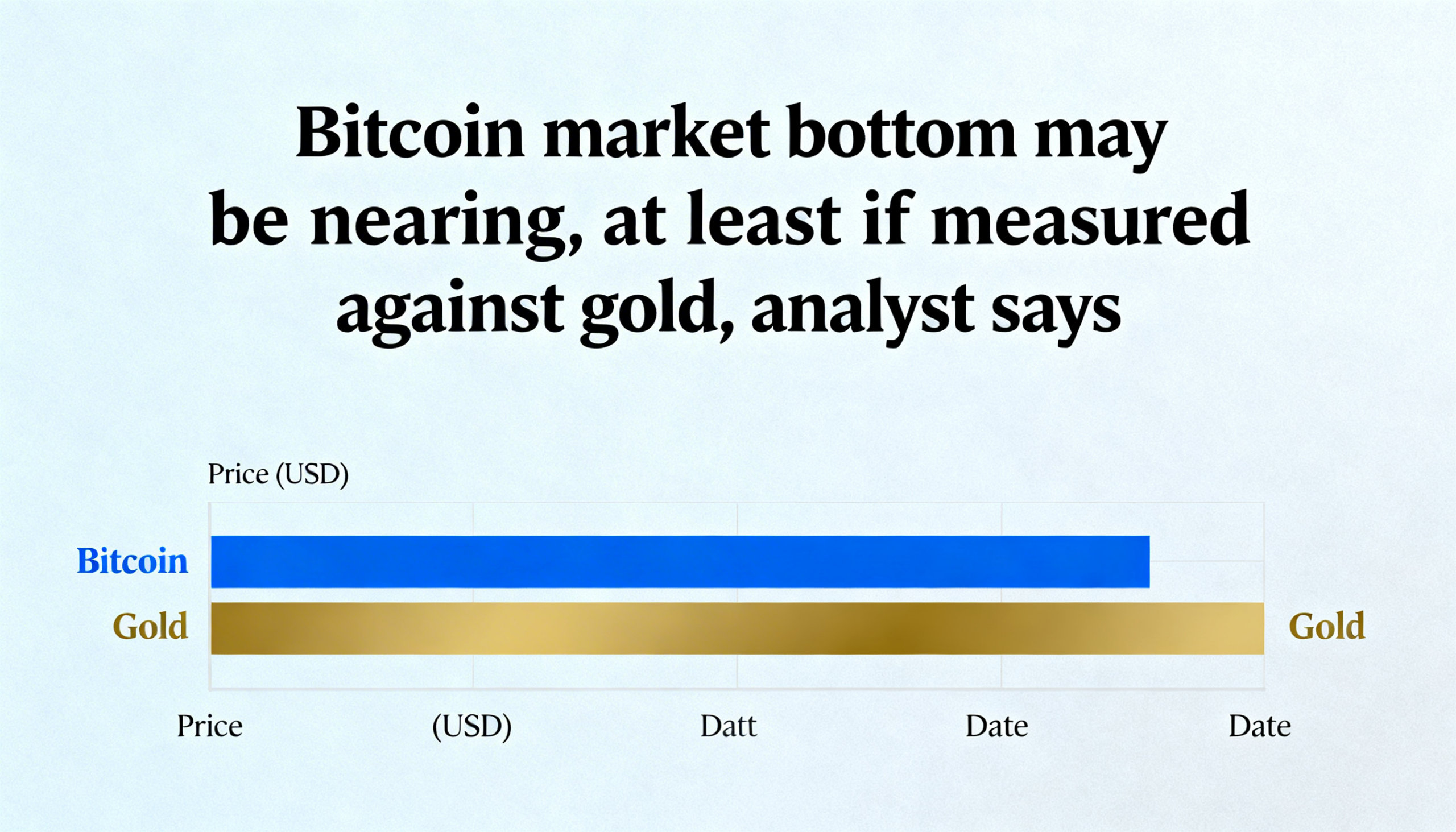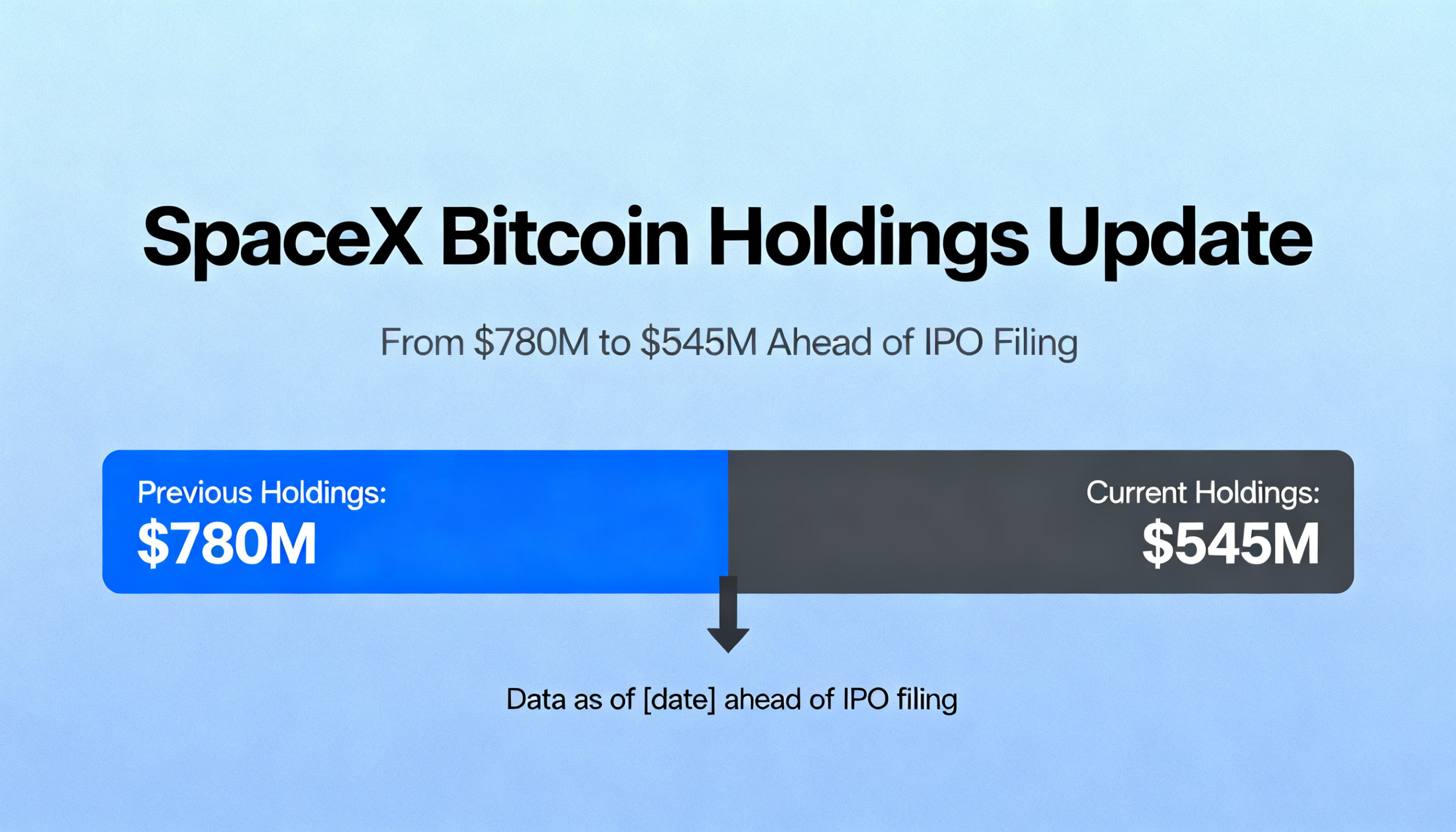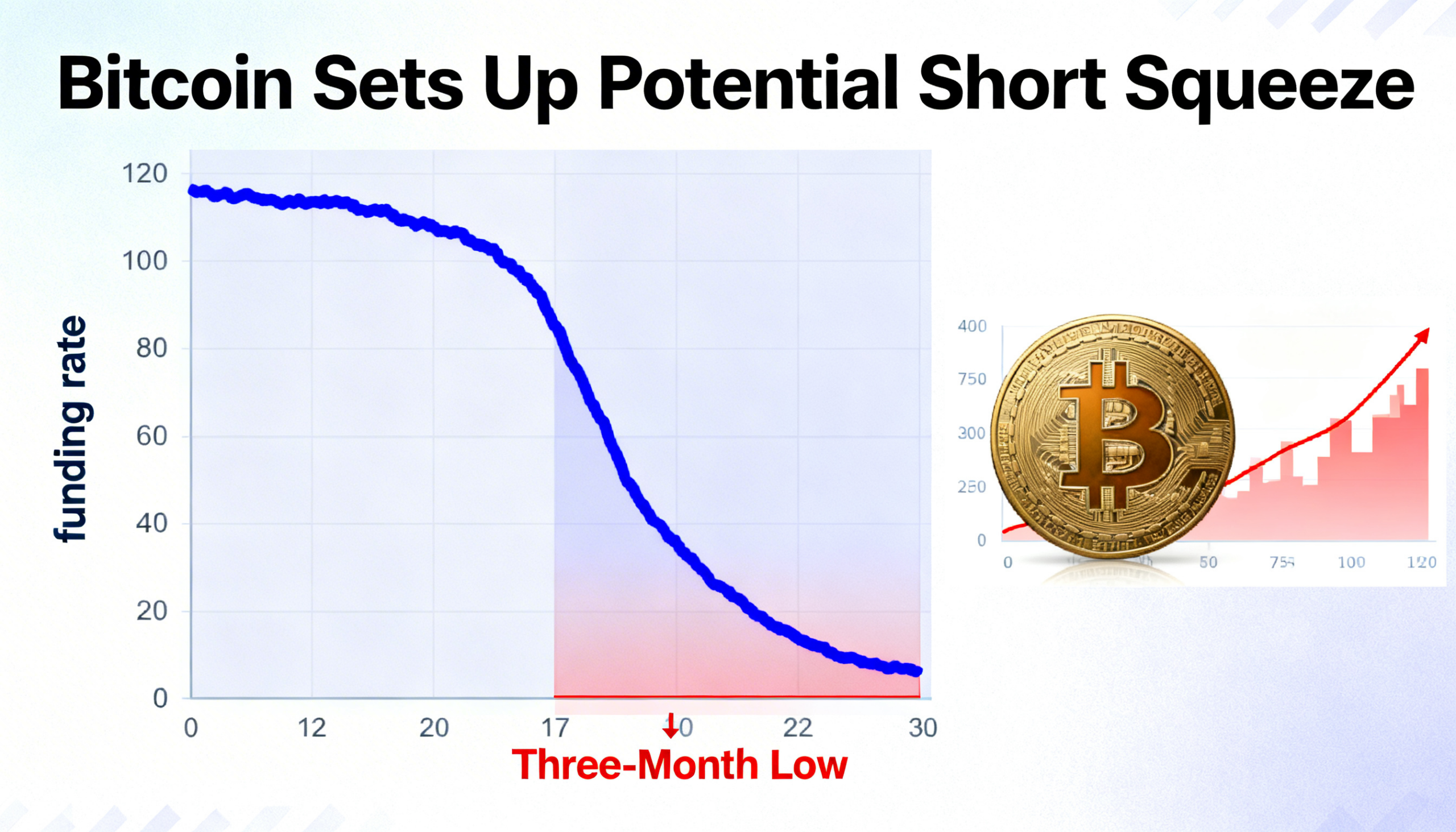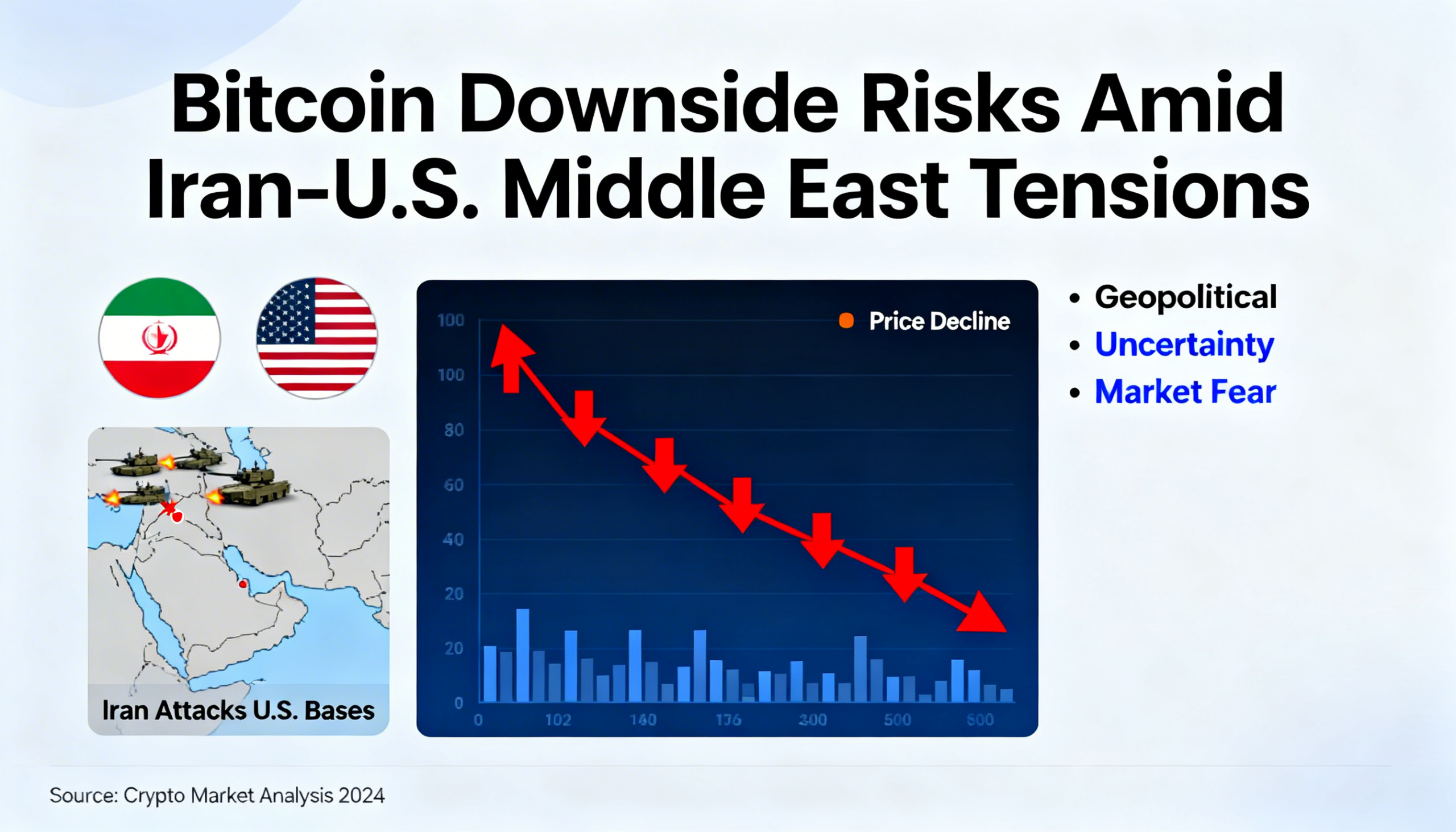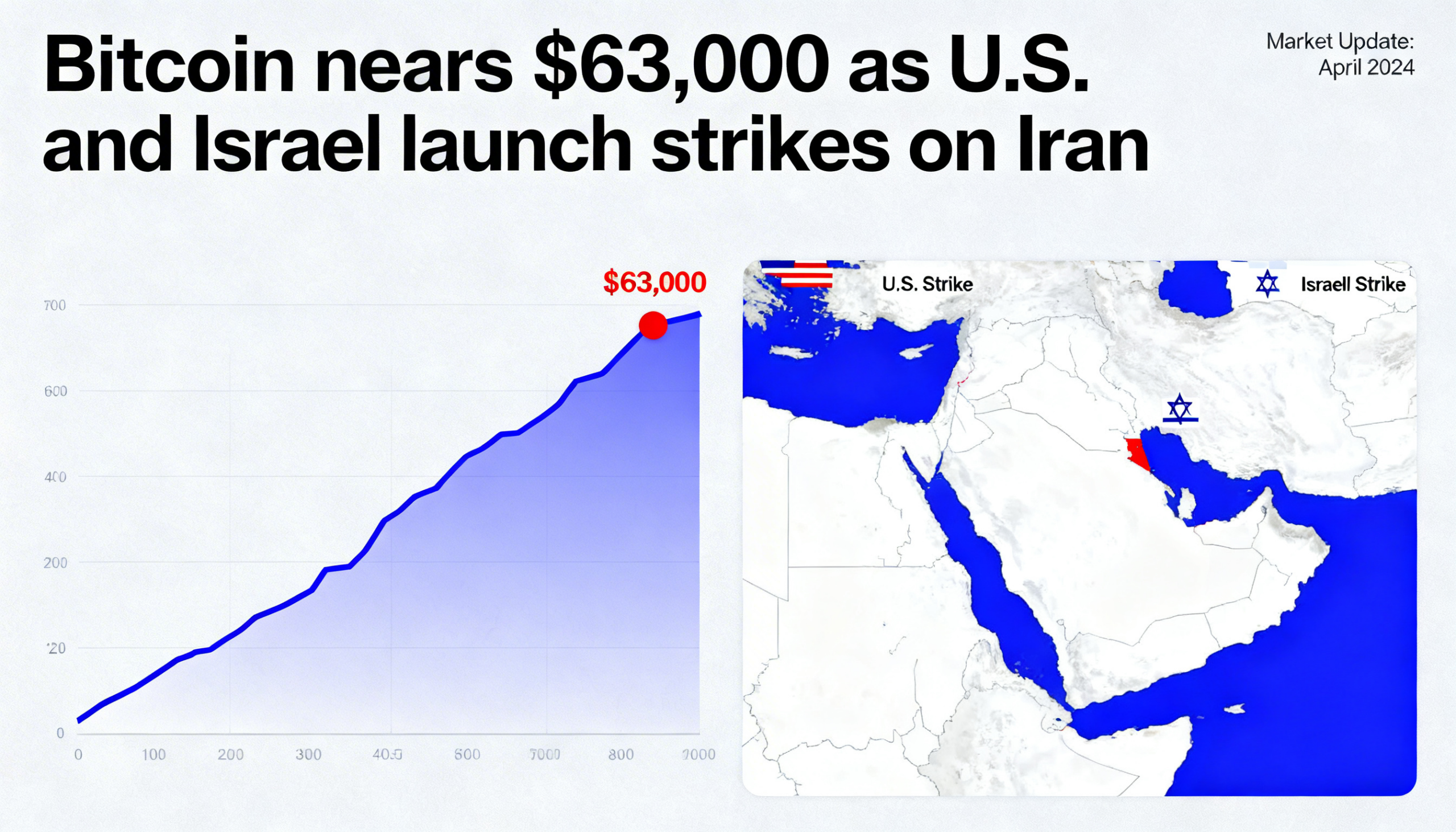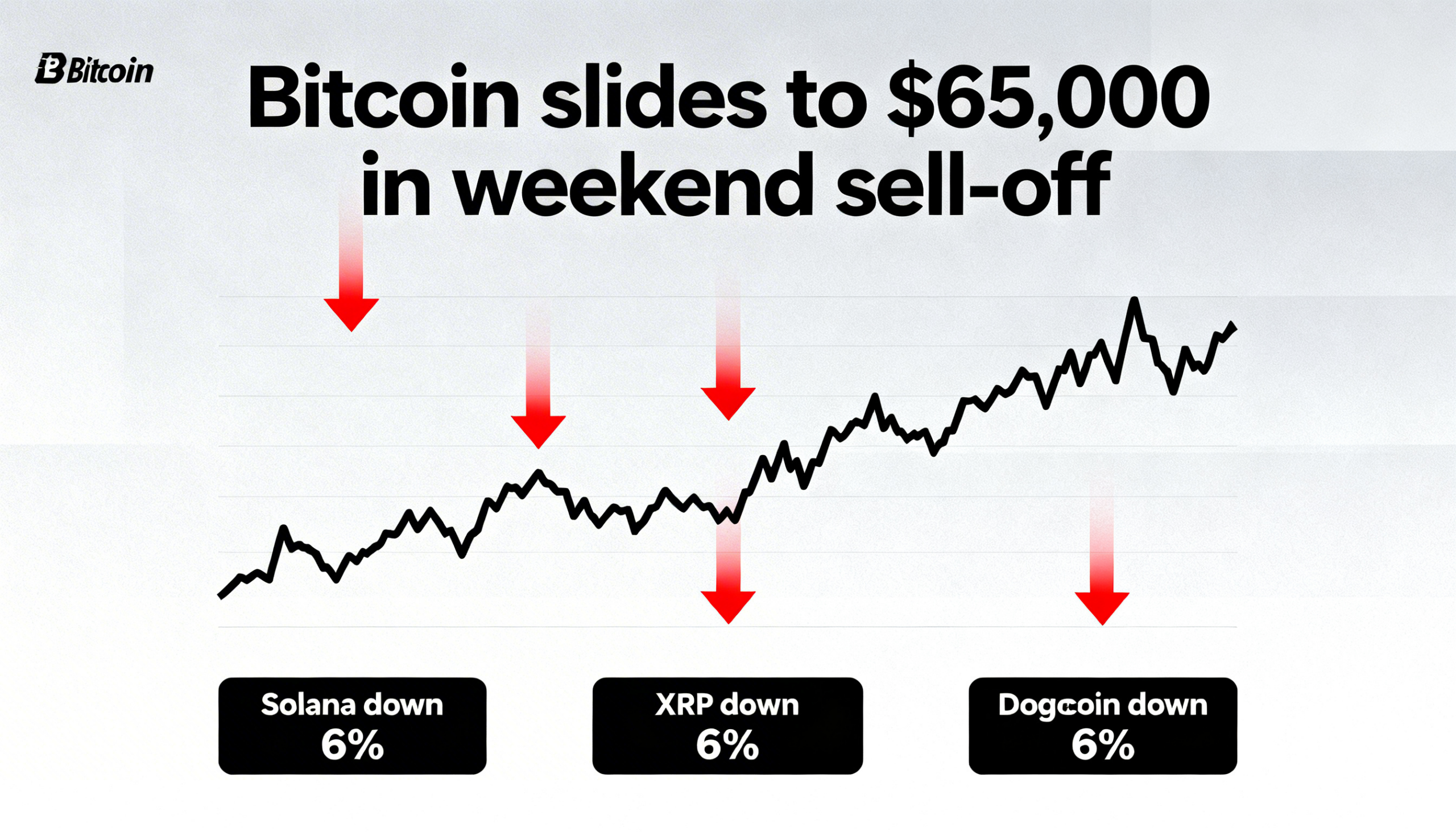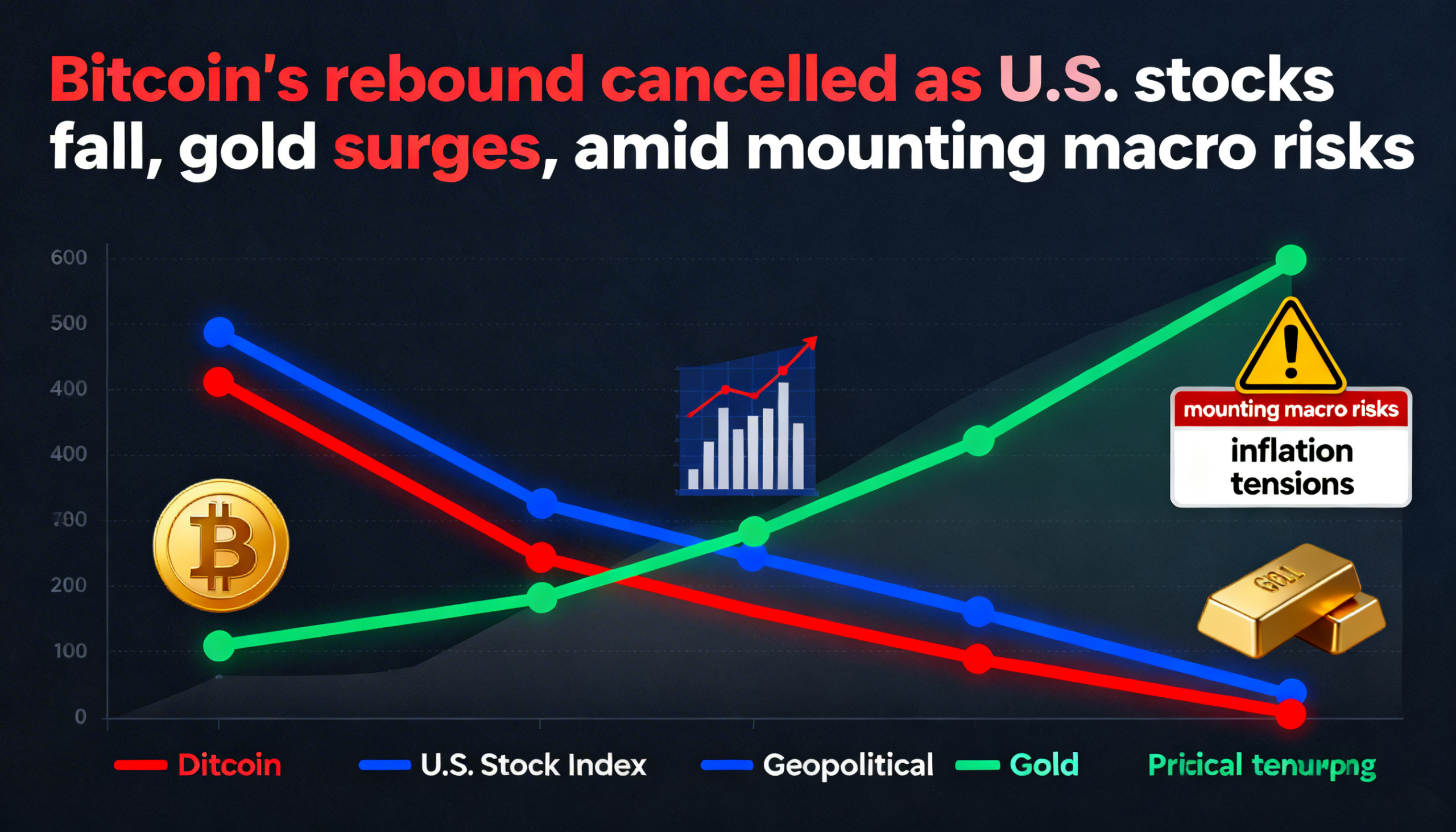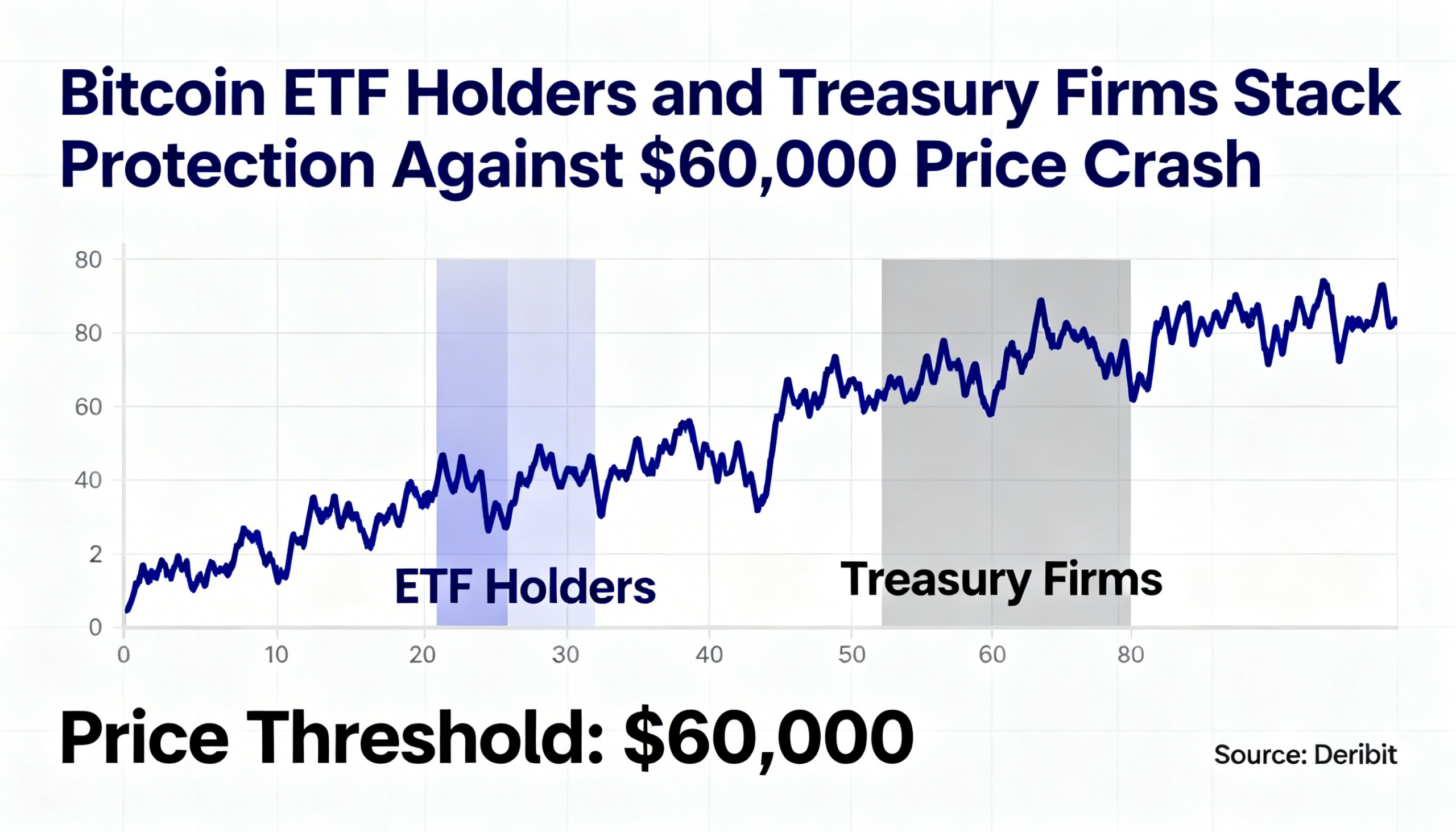Experts Highlight Crypto’s Progress and Need for 24/7 Risk Management
HONG KONG – While the crypto industry has made significant strides since the collapse of Sam Bankman-Fried’s FTX in 2023, full resilience remains a work in progress, according to top finance professionals at the “Views From Wall Street to Crypto” panel at Consensus Hong Kong on Wednesday.
“You now have traditional financial players entering the space. For us, most of our trading is off-exchange settlement, meaning assets are held with custodians while trading occurs on exchanges,” said Gautam Sharma, CEO and CIO of Brevan Howard Digital. “Technology has advanced significantly over the last 18 months, but there’s still more to do.”
Sharma emphasized the critical need for 24/7 risk management, covering market, counterparty, and credit risks.
Heightened Counterparty and Credit Risks in Crypto
Counterparty risk—the potential failure of a trading partner to fulfill obligations—is more pronounced in crypto than in traditional finance due to the absence of intermediaries like banks and clearinghouses. This is a particular concern for arbitrage traders.
“When we engage in arbitrage, counterparty risk is our top priority,” said Fabio Frontini, founder of Abraxas Capital Management, adding that credit risk is equally crucial.
Frontini also underscored the importance of stress testing trading strategies, particularly in the perpetual futures market, where liquidations can cause unexpected losses. “Proper stress testing can be highly rewarding,” he noted.
Building Trust Through Transparency and Liquidity
Mike Kuehnel, CEO of market-making firm Flow Traders, stressed the need for greater transparency in innovation to build investor confidence. “Ensuring data availability and enabling smooth liquidity movement without fragmentation is key,” Kuehnel said.
Liquidity—the market’s ability to absorb large trades without major price fluctuations—remains a critical issue, especially after FTX’s collapse exposed vulnerabilities. While order book depth has improved for major cryptocurrencies, liquidity fragmentation across decentralized finance (DeFi) platforms, blockchains, and networks continues to pose challenges.
“Providing the best price and the ability to transact at any time is essential,” Kuehnel added.



